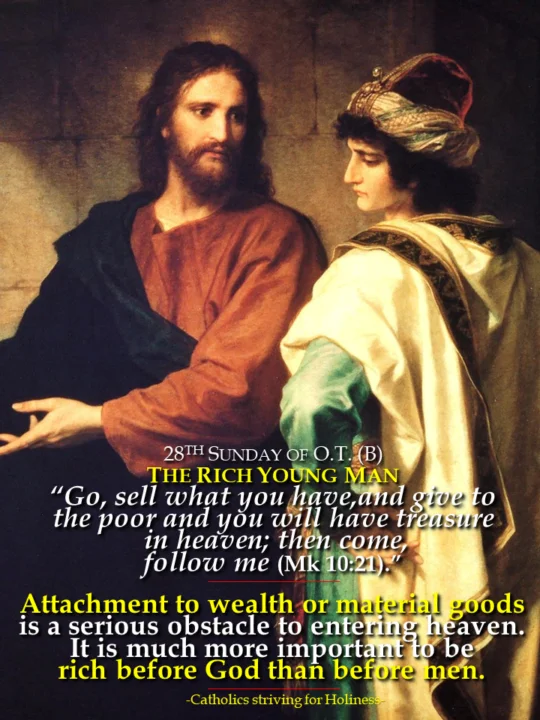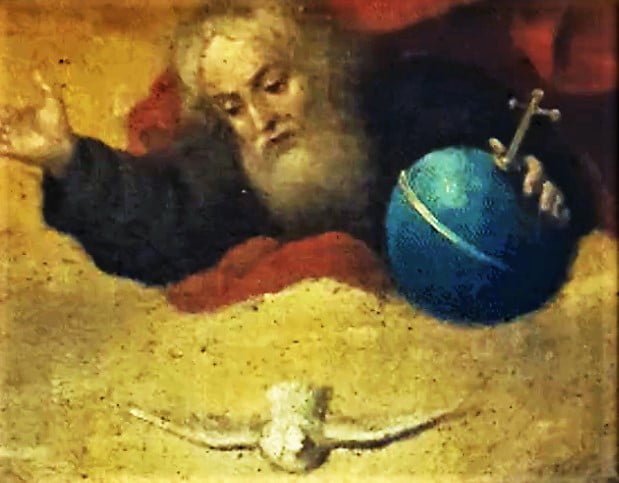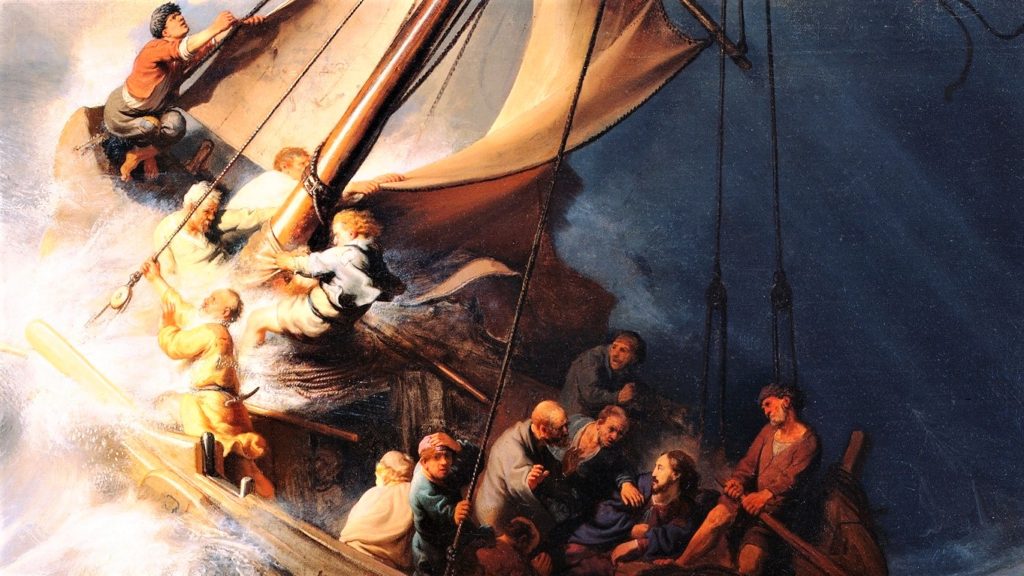POPE FRANCIS’ REFLECTION ON THE 21ST SUNDAY IN ORDINARY TIME YEAR A
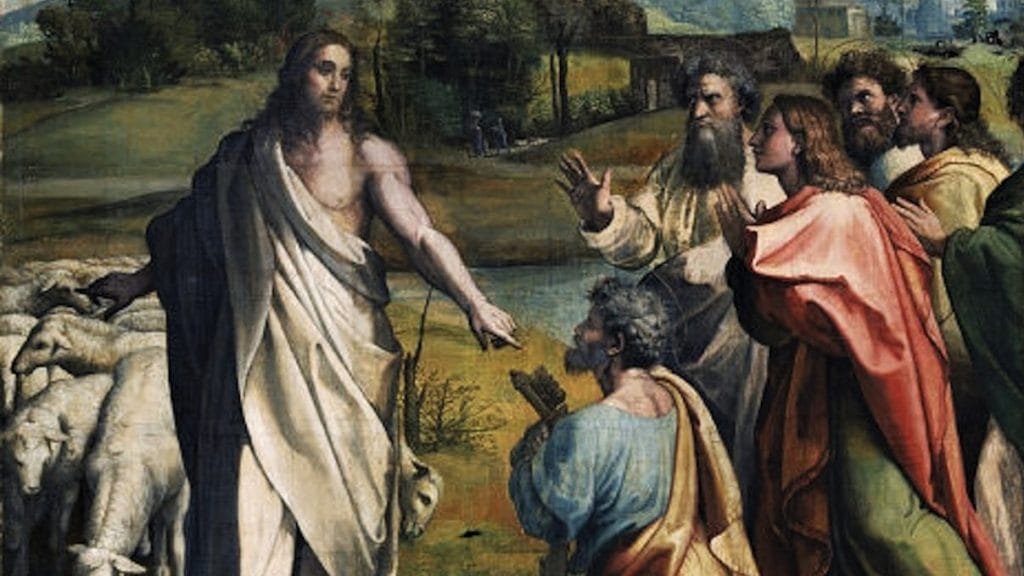
ANGELUS
Saint Peter’s Square
21st Sunday in Ordinary Time Year A, 27 August 2023
________________________________________
Dear brothers and sisters, buongiorno!
Today in the Gospel (cf. Mt 16, 13-20), Jesus asks the disciples a good question: “Who do men say that the Son of man is?” (v.13).
It is a question we too can ask: what do Jesus’ people say? In general, good things: many see him as a great teacher, as a special person: good, righteous, consistent, courageous… But is this enough to understand who He is, and above all, is it enough for Jesus? It seems not. If He were simply a person from the past – just as the figures cited in the same Gospel, John the Baptist, Moses, Elijah and the great prophets were for the people – He would merely be a good memory of a bygone time. And for Jesus, this will not do. Therefore, immediately afterwards, the Lord asks the disciples the decisive question: “But who do you – you! – say that I am?” (v. 15). Who am I for you, now? Jesus does not want to be a key figure from past history; He wants to be an important person for you today, for me today; not a distant prophet: Jesus wants to be the God who is close to us!
Christ, brothers and sisters, is not a memory of the past, but the God of the present. If He were merely an historic figure, to imitate Him today would be impossible: we would find ourselves faced with the great chasm of time, and above all, faced with his model, which is like a very high, unscalable mountain; we would want to climb it, but lack the ability and the necessary means. Instead, Jesus is living: let us remember this, Jesus is living, Jesus lives in the Church, He lives in the world, Jesus accompanies us, Jesus is by our side, He offers us His Word, He offers us His grace, which enlighten and refresh us on the journey: He, an expert and wise guide, is happy to accompany us on the most difficult paths and the steepest slopes.
Dear brothers and sisters, we are not alone on the path of life, because Christ is with us, Christ helps us to walk, as He did with Peter and the other disciples. It is precisely Peter, in today’s Gospel, who understands this and by grace recognizes in Jesus “the Christ, the Son of the living God” (v. 16): “You are the Christ, the Son of the living God”, says Peter; He is not a character from the past, but the Christ, that is, the Messiah, the awaited one; not a deceased hero, but the Son of the living God, made man and come to share the joys and the labours of our journey. Let us not be discouraged if at times the summit of the Christian life seems too high and the path too steep. Let us look to Jesus, always; let us look to Jesus who walks beside us, who accepts our frailties, shares our efforts and rests his firm and gentle arm on our weak shoulders. With Him close at hand, let us also reach out to one another and renew our trust: with Jesus, what seems impossible on our own is no longer so, with Jesus we can go forth!
Today it will be good for us to repeat the decisive question, that comes out of his mouth: “Who do you – Jesus says to you – who do you say that I am?”. Let us hear the voice of Jesus, who asks us this. In other words: who is Jesus for me? An important figure, a point of reference, an unattainable model? Or is He God the Son, who walks by my side, who can lead me to the peak of holiness, that I cannot reach by myself? Is Jesus truly living in my life, does Jesus live with me? Is He my Lord? Do I entrust myself to Him in moments of difficulty? Do I cultivate his presence through the Word, through the Sacraments? Do I let myself be guided by Him, together with my brothers and sisters, in the community?
May Mary, Mother of the path, help us to feel that Son alive and present beside us.
Source https://www.vatican.va/content/francesco/en/angelus/2023/documents/20230827-angelus.html
Copyright @Dicastero per la Comunicazione – Libreria Editrice Vaticana
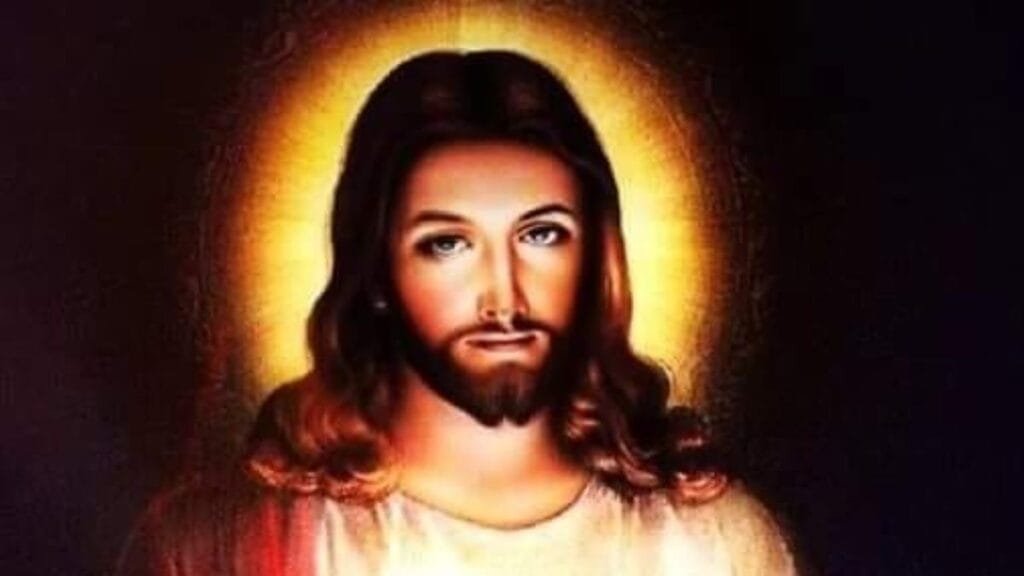
ANGELUS ADDRESS,
21st Sunday in Ordinary Time Year A, 23 August 2020
Dear brothers and sisters, good day!
This Sunday’s Gospel [21st Sunday in Ordinary Time Year A] reading (see Mt 16:13-20) presents the moment in which Peter professes his faith in Jesus as Messiah and Son of God. The Apostle’s confession is provoked by Jesus Himself, who wishes to lead His disciples to take the decisive step in their relationship with Him. Indeed, the entirety of Jesus’s journey with those who follow Him, especially with the Twelve, is one of educating their faith. First of all, He asks: “Who do people say the Son of Man is?” (v. 13). The Apostles liked talking about people, as we all do. We like to gossip. Speaking of others is not so demanding, this is why we like it; even “flaying” others. In this case the perspective of faith rather than gossip is already required, and so He asks, “What do the people say I am?”. And the disciples seem to compete in reporting the different opinions, which perhaps, to a large extent, they themselves shared. They too shared them. In essence, Jesus of Nazareth was considered to be a prophet (v. 14).
With the second question, Jesus touches them to the core: “But what about you? … Who do you say I am?” (v. 15). At this point, we seem to perceive a moment of silence, as each one of those present is called to put themselves on the line, manifesting the reason why they follow Jesus; therefore a certain hesitation is more than legitimate. Even if I were to ask you now, “For you, who is Jesus?”, there would be a little hesitation. Simon takes them off the hook by declaring forthrightly, “You are the Messiah, the Son of the living God” (v. 16). This answer, so complete and enlightening, does not come from an impulse of his own, however generous – Peter was generous – but rather is the fruit of a particular grace of the heavenly Father. Indeed, Jesus Himself says, “This was not revealed to you by flesh and blood” – that is, by culture, what you have studied, no this has not revealed it to you. It was revealed to you “by my Father in heaven” (v. 17). To confess Jesus is a grace of the Father. To say that Jesus is the Son of the living God, who is the Redeemer, is a grace that we must ask for: “Father, give me the grace of confessing Jesus”. At the same time, the Lord acknowledges Simon’s prompt response to the inspiration of grace and therefore adds, in a solemn tone, “You are Peter, and on this rock I will build my church, and the gates of Hades will not prevail against it”. (v. 18). With this affirmation, Jesus makes Simon aware of the meaning of the new name He has given him, “Peter”: the faith he has just shown is the unshakeable “rock” on which the Son of God wishes to build His Church, that is, community. And the Church goes forward always on the basis of Peter’s faith, that faith that Jesus recognises [in Peter] and which makes him the head of the Church.
Today, we hear Jesus’s question directed to each one of us: “And you, who do you say I am?”. To each one of us. And every one of us must give not a theoretical answer, but one that involves faith, that is, life, because faith is life! “For me you are …” and then to confess Jesus. An answer that demands that we too, like the first disciples, inwardly listen to the voice of the Father and its consonance with what the Church, gathered around Peter, continues to proclaim. It is a matter of understanding who Christ is for us: if He is the centre of our life, if He is the goal of our commitment in the Church, our commitment in society. Who is Jesus Christ for me? Who is Jesus Christ for you, for you, for you …? An answer that we should give every day.
But beware: it is indispensable and praiseworthy that the pastoral care of our communities be open to many forms of poverty and crises, which are everywhere. Charity is always the high road of the journey of faith, of the perfection of faith. But it is necessary that works of solidarity, the works of charity that we carry out, not divert us from contact with the Lord Jesus. Christian charity is not simple philanthropy but, on the one hand, it is looking at others through the eyes of Jesus Himself and, on the other hand, seeing Jesus in the face of the poor. This is the true path of Christian charity, with Jesus at the centre, always. May Mary Most Holy, blessed because she believed, be our guide and model on the path of faith in Christ, and make us aware that trust in Him gives full meaning to our charity and to all our existence.
SOURCE: http://w2.vatican.va/content/francesco/en/angelus/2020/documents/papa-francesco_angelus_20200823.html
EMPHASIS MINE.
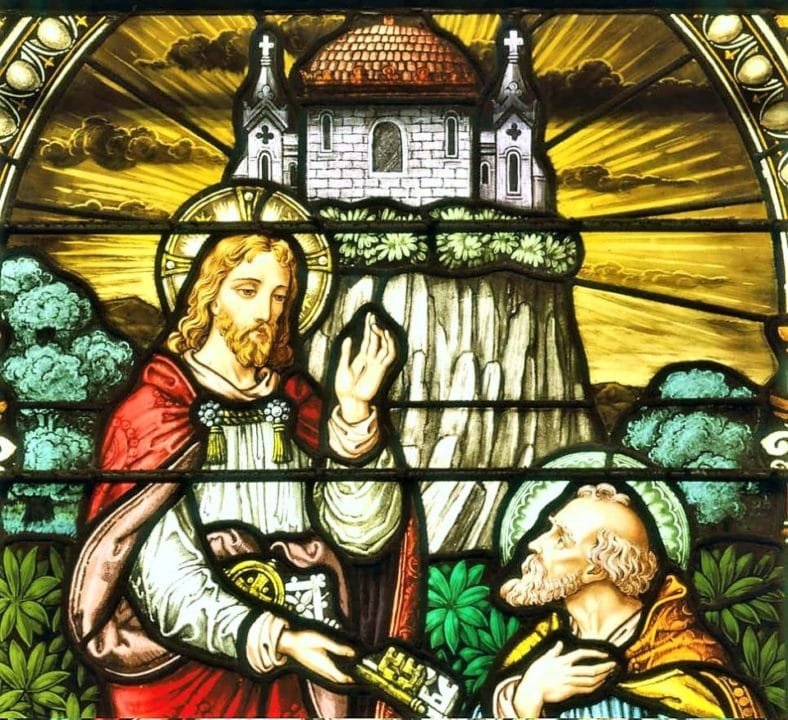
ANGELUS ADDRESS
21st Sunday in Ordinary Time Year A, 27th August 2017
Dear brothers and sisters, Good morning!
This Sunday’s [21st Sunday in Ordinary Time Year A] Gospel (Mt 16:13-20) takes us back to a key juncture along Jesus’ journey with his disciples: the moment in which he wants to assess the extent of their faith in him. First, he wants to know what the people think of him; and the people think that Jesus is a prophet, which is true, but they do not grasp the centrality of his Person; they do not understand the centrality of his mission. Then he asks the disciples the question closest to his heart, that is, he asks them directly: “But who do you say that I am?” (v. 15). And with that ‘but’ Jesus firmly separates the Apostles from the multitudes, as if to say: but you, who are with me every day and know me personally, what more have you understood? The Master expects from his own a lofty response different from that of public opinion. And indeed, such an answer gushes forth from the heart of Simon, called Peter: “You are the Christ, the Son of the living God” (v. 16). Simon Peter finds on his lips words greater than he, words that do not spring from his natural faculties. Perhaps he did not attend elementary school, and [yet] he is capable of saying these words, stronger than he! But they are inspired by the Heavenly Father (cf. v. 17), who reveals Jesus’ true identity to the first of the Twelve: he is the Messiah, the Son sent by God to save mankind. And from this answer, Jesus understands that, thanks to the faith given by the Father, there is a solid foundation upon which he can build his community, his Church. Thus, he says to Simon: You, Simon, “you are Peter” — that is, stone, rock — “and on this rock I will build my Church” (v. 18).
With us too, today, Jesus wants to continue building his Church, this house with solid foundations but where cracks are not lacking, and which is in constant need of repair. Always. The Church always needs to be reformed, repaired. We certainly do not feel like rocks, but only like small stones. However, no small stone is useless; indeed, in Jesus’ hands the smallest stone becomes precious, because he picks it up, gazes at it with great tenderness, fashions it with his Spirit, and positions it in the right place that he had always had in mind and where it can be more useful to the whole structure. Each of us is a small stone, but in Jesus’ hands participates in the building of the Church. And all of us, as small as we are, are rendered “living stones” because when Jesus takes his stone in hand, he makes it his own; he infuses it with life, full of life, full of life from the Holy Spirit, full of life from his love. And thus we have a place and a mission in the Church: she is a community of life, made up of very many stones, all different, which form a single edifice as a sign of fraternity and communion.
Moreover, today’s Gospel reminds us that Jesus also wanted Peter as a visible centre of communion for his Church — he too, is not a great stone; he is a small stone, but taken up by Jesus, he becomes the centre of communion — in Peter and in those who would succeed him in the same responsibility of primacy, who since the beginning have been identified as the Bishops of Rome, the city where Peter and Paul bore witness in blood.
Let us entrust ourselves to Mary, Queen of the Apostles, Mother of the Church. She was in the Upper Room next to Peter when the Holy Spirit descended upon the Apostles and spurred them to go out to proclaim to all that Jesus is Lord. Today may our Mother sustain us and accompany us through her intercession, so that we may fully realize that unity and that communion for which Christ and the Apostles prayed and gave their lives.
SOURCE: http://w2.vatican.va/content/francesco/en/angelus/2017/documents/papa-francesco_angelus_20170827.html
EMPHASIS MINE.
ANGELUS ADDRESS
21st Sunday in Ordinary Time Year A, 24 August 2014
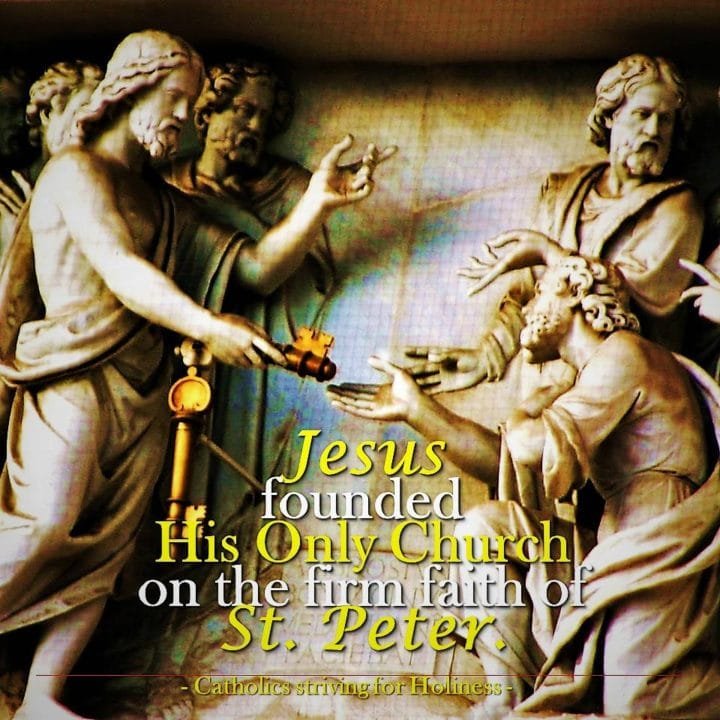
Dear Brothers and Sisters, Good morning,
This Sunday’s [21st Sunday in Ordinary Time Year A] Gospel reading (Mt 16:13-20) is a well-known passage, central to Matthew’s account, in which Simon, on behalf of the Twelve, professes his faith in Jesus as “the Christ, the Son of the living God”; and Jesus calls Simon “blessed” for this faith, recognizing in him a special gift of the Father, and tells him: “You are Peter, and on this rock I will build my church”.
Let us pause on this very point, on the fact that Jesus gives Simon this name, “Peter”, which in Jesus’ language is pronounced “Kefa”, a word which means “rock”. In the Bible this term, “rock”, refers to God. Jesus gives it to Simon not because of his character or for his merits as a human, but for his genuine and steadfast faith, which comes to him from above.
Jesus feels great joy in his heart because, in Simon, he recognizes the hand of the Father, the work of the Holy Spirit. He recognizes that God the Father has given Simon “steadfast” faith on which He, Jesus, can build his Church, meaning his community, that is, all of us. Jesus intends to give life to “his” Church, a people founded no longer on heritage, but on faith, which means on the relationship with Him, a relationship of love and trust. The Church is built on our relationship with Jesus. And to begin his Church, Jesus needs to find solid faith, “steadfast” faith in his disciples. And it is this that He must verify at this point of the journey.
The Lord has in mind a picture of the structure, an image of the community like a building. This is why, when he hears Simon’s candid profession of faith, he calls him a “rock”, and declares his intention to build his Church upon this faith.
Brothers and sisters, what happened in a unique way in St Peter, also happens in every Christian who develops a sincere faith in Jesus the Christ, the Son of the Living God. Today’s Gospel passage also asks each of us, is your faith good? Each one answer in his or her heart. Is my faith good? How does the Lord find our hearts? A heart that is firm as a rock, or a heart like sand, that is doubtful, diffident, disbelieving? It will do us good to think about this throughout the day today. If the Lord finds in our heart, I don’t say a perfect, but sincere, genuine faith, then He also sees in us living stones with which to build his community. This community’s foundation stone is Christ, the unique cornerstone. On his side, Peter is the rock, the visible foundation of the Church’s unity; but every baptized person is called to offer Jesus his or her lowly but sincere faith, so that He may continue to build his Church, today, in every part of the world.
Even today, so many people think Jesus may be a great prophet, knowledgeable teacher, a model of justice…. And even today Jesus asks his disciples, that is, all of us: “Who do you say that I am?”. What do we answer? Let us think about this. But above all, let us pray to God the Father, through the intercession of the Virgin Mary; let us pray that He grant us the grace to respond, with a sincere heart: “You are the Christ, the Son of the living God”. This is a confession of faith, this is really “the Creed”. Let us repeat it together three times: “You are the Christ, the Son of the living God”
SOURCE: http://w2.vatican.va/content/francesco/en/angelus/2014/documents/papa-francesco_angelus_20140824.html
EMPHASIS MINE.
Click on this link for the 21st Sunday in Ordinary Time Year A Mass prayers and readings.
Stay updated: subscribe by email for free TO OUR NEW WEBSITE www.catholicsstrivingforholiness.org (PUT YOUR EMAIL IN THE SUBSCRIBE WIDGET).
We are also in www.fb.com/Catholicsstrivingforholiness. Kindly help more people in their Christian life by liking our page and inviting your family, friends and relatives to do so as well. Thanks in advance and God bless you and your loved ones! Fr. Rolly Arjonillo
